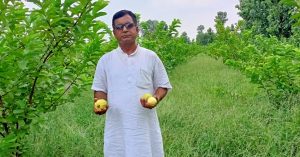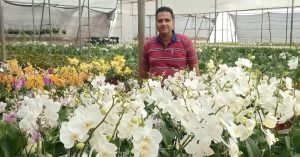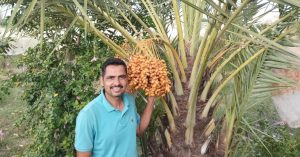‘Building A Mud House Was Tougher Than Cracking JEE’: IIT Couple Quit US Jobs to Farm
Sakshi Bhatia and Arpit Maheshwari, both IIT graduates, set up a natural farm called Jeevantika in Madhya Pradesh where one can experience farm life while eating farm-fresh food all day.
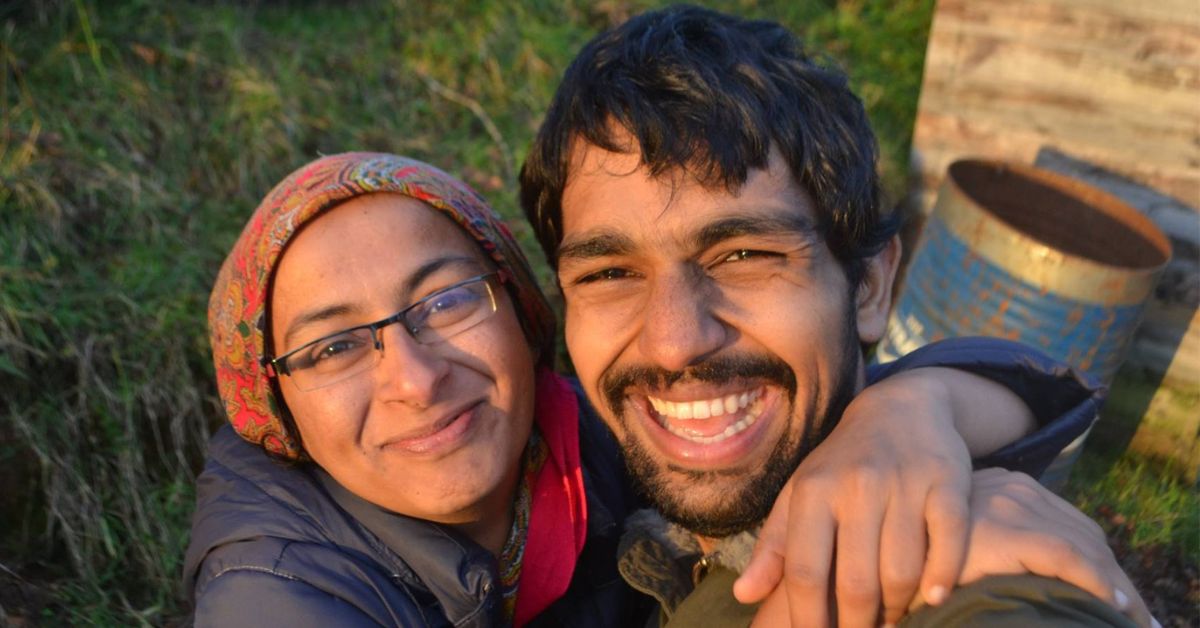
Some would say that cracking the Joint Entrance Examination (JEE) to find a place in an Indian Institute of Technology (IIT) is a difficult task. However, for Sakshi Bhatia and Arpit Maheshwari, both IIT toppers, building a mud house in Badnagar, a village 50 km away from Ujjain, Madhya Pradesh, has been the most challenging task so far.
The couple chose to give up their high-paying corporate jobs in the US to settle down in India where they set up a natural farm, which they call ‘Jeevantika’.
On this 1.5 acre of land, the couple grows close to 85 per cent of all they consume. “The only thing we continue to buy from another farm is oil since we do not have the machine yet,” Sakshi tells The Better India.
This computer science engineer couple has known each other for more than a decade. Married in 2013, Sakshi says, “Traveling together is one thing that we both enjoy. We are grateful to have got the chance to travel soon after we got married.”
Through several of these travels, the one thing that they both felt was a deep desire to have more time to travel. “We wanted our travels to allow us to explore. Meet the locals, eat with them and learn their culture. That was what was driving us,” adds Arpit. In 2015, giving wings to this, they decided to pack their bags and head to South America, with no return date in mind.
‘Being one with nature made us happy.’
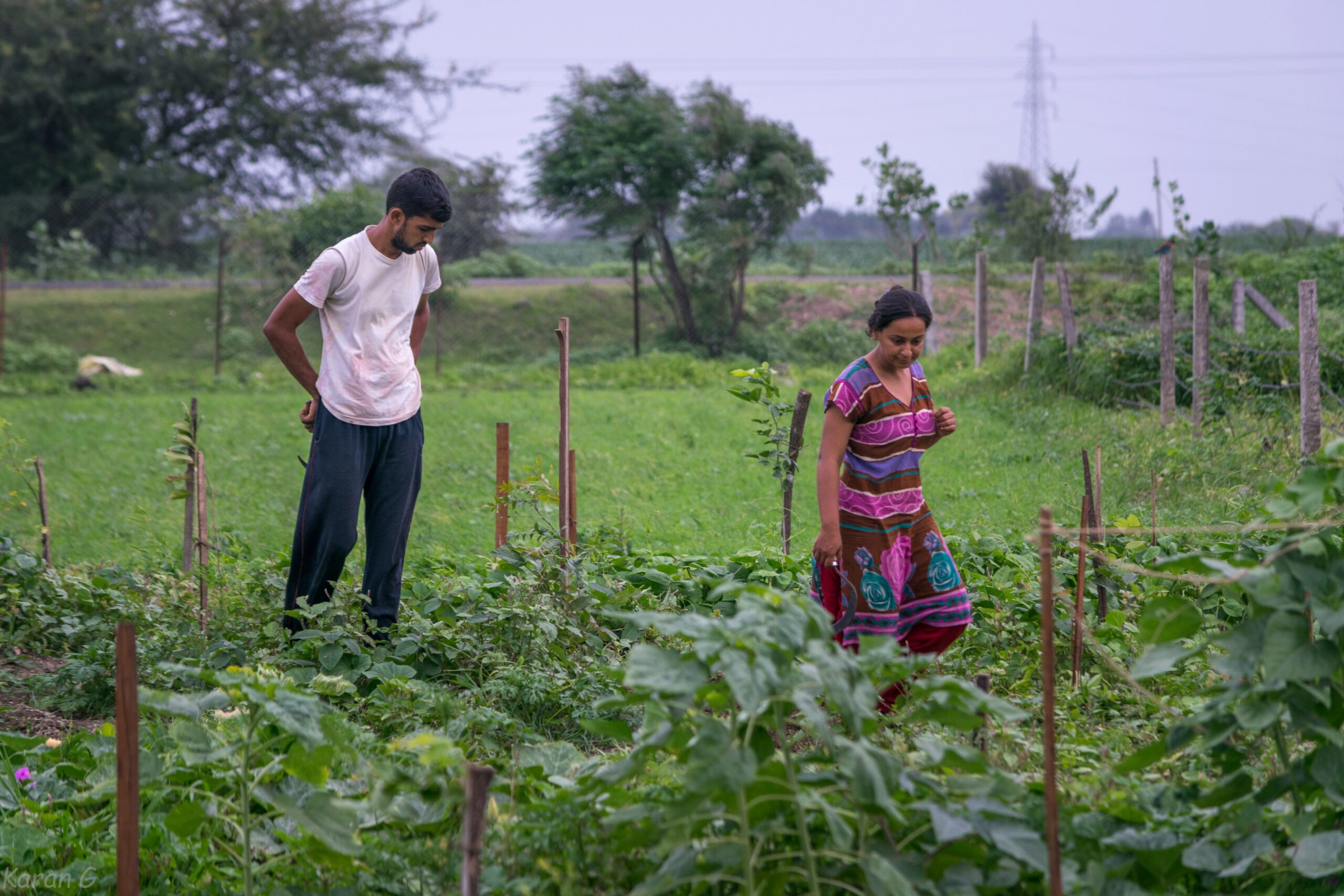
The trip to South America was “a revelation”. “The futility of consumerism started to gnaw at us. Thankfully, we [Sakshi and I] were on the same page about how we felt. Before we headed to South America we sold off most of our material possessions and converted our earnings into fixed deposits,” he says. Here, they spent time teaching kids and experienced a very different kind of life.
Backpacking across the Amazon, Peru, Ecuador and Colombia helped the couple grow conscious and sensitive toward the environment.
“This prompted us to relook and reevaluate our life decisions. We headed back to India and decided to spend time in an ecovillage in Auroville, Puducherry, where community living, farm life and eco-consciousness is known to be high. It was here that we learnt about natural farming, which was great for land rejuvenation and community living,” says Sakshi. Spending time in Auroville just helped them connect the dots.
While being in Auroville was great, Sakshi says that if they wanted to build a community, being able to speak the local language was imperative. “We chose to move back to central India for this reason. Learning Tamil would have taken us a long time and the joy of being closer to family was a bonus for both of us,” she adds.
Speaking about setting up Jeevantika, Arpit says, “Everyone in the village knows each other. We were the outsiders and in the beginning, no one understood what we were trying to do. Even today, four years later, we cannot say that we have won them over. It is still an ongoing process.”
‘We are not into commercial farming.’
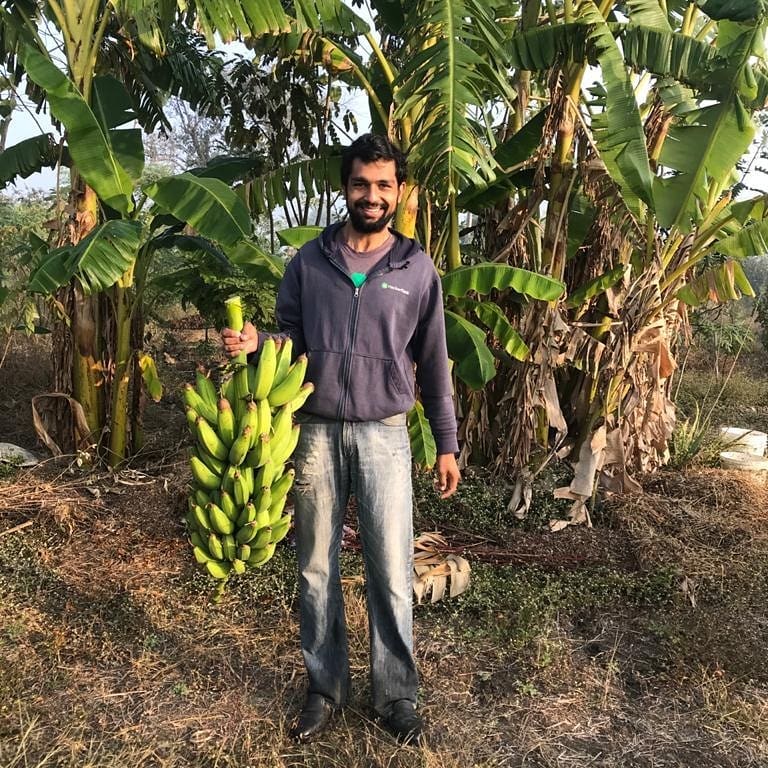
“The idea of starting the food forest was to be able to replenish the soil and allow it time to breathe. By bringing a commercial angle to it we would not be able to achieve that goal. We want to continue enjoying the process of growing our food, not feel the burden of making money out of this,” she says.
Asked how they sustain themselves, Aprit is quick to reply, “That is where our engineering background helps. We continue to take on projects and assignments from time to time that helps us with our expenses.”
Life on the farm is a complete change from what the duo was used to. “Our day begins at about 5 am. Morning hours are spent on the farm, getting our hands dirty. We then come back and cook our meals, again a huge change from all the ordering in and takeaway we were used to. The importance of consuming fresh food has made a deep impact on us. We do not even have a refrigerator where we store food,” Sakshi says. By 4 pm they are back at the farm.
On the farm, 80 per cent of the cultivation is trees. There are fruit-bearing and wild trees to maintain ecological balance. Of the remaining 20 per cent, they grow pulses, cereals and seasonal vegetables. Being mindful of water consumption, they have also set up rainwater harvesting systems.
“We do not use any machinery for tilling the land or diesel or electricity. The inspiration for our farming technique comes from the permaculture design methodology, for which Sakshi underwent a training programme from Hyderabad before we started,” he says.
Inspired by this technique the duo also built a mud house on the farm, which they use as shelter when they need a break from working.
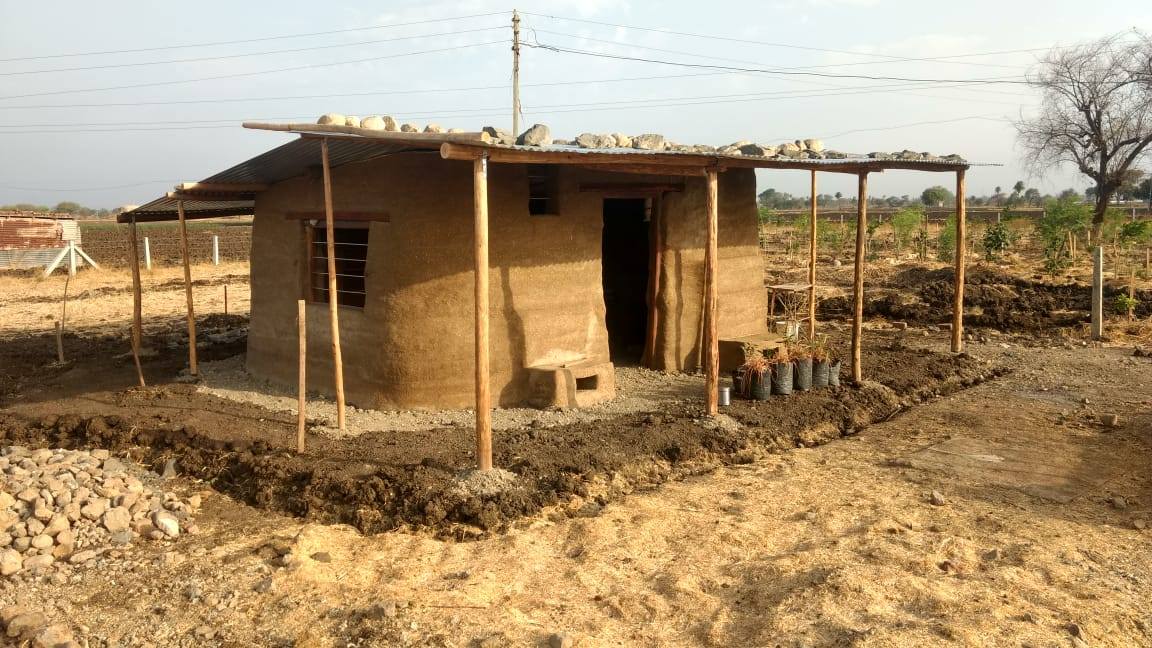
“The mud house is the space that provides us with much-needed respite after a tiring day on the farm. It helps us recharge and sometimes just catch a breath. We did not want to build anything with concrete and that was how we decided to use mud.”
With no electricity connection on the farm, Sakshi says that even in May, during the peak summer month, the temperature inside the mud house is cool. “We don’t have a fan and even then, do not find the need to have one installed.”
It took the couple close to three months to build the mud house from scratch. “Building the mud house has to be the hardest thing that I have done in my life and yet so fulfilling,” she adds.
Jeevantika: A slice of farm life
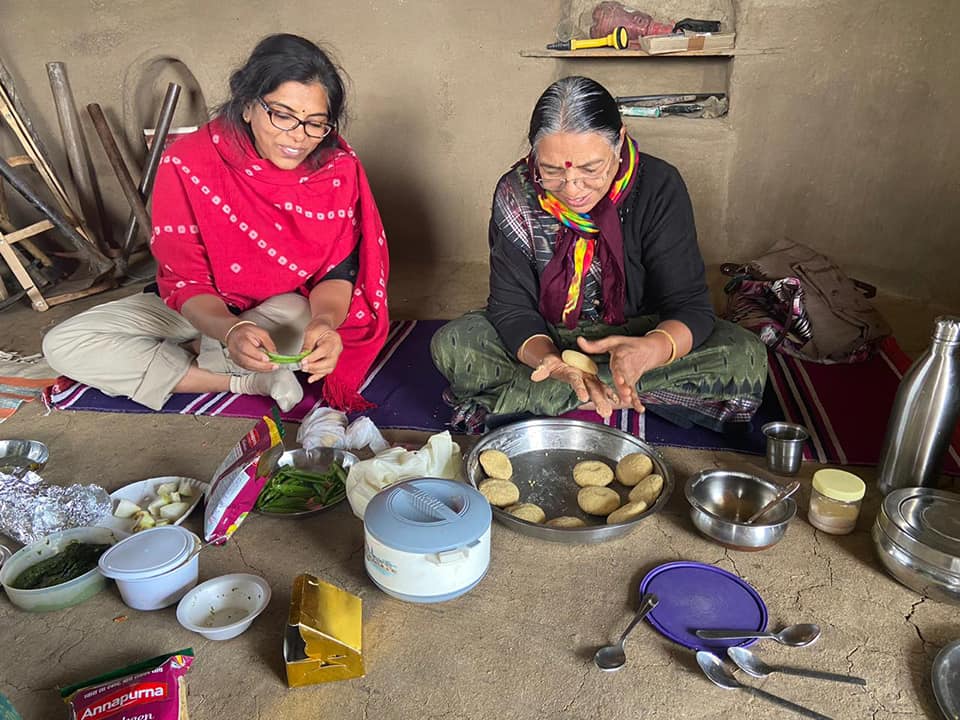
For those who wish to volunteer or even spend a couple of days at the farm, there are options available. “Until a year ago, we were only welcoming friends and family to the farm but now we are open to having anyone come and experience this life. In fact, we encourage people to come stay here,” she says.
Priced at Rs 1,000 per person per day, one will be provided with accommodation, transportation to the farm and back and food.
Shashank Katiyar, a third-year student from IIT, Kanpur who has been volunteering at Jeevantika says, “I am a 21-year-old college student figuring out what to do in life. While the idea of sustainability and leading a mindful life have always been important, until I came to Jeevantika I had no idea how [to go about it]. The experience was much more amazing and fulfilling than I had expected. This experience has changed my life for the better.”
Guests who have visited the farm only have positive things to say about it and the work being done. While Aamir Shafi says that only this kind of courage can bring back harmony this planet had before the industrial revolution, Sanjeev Nair ‘feels encouraged’ by the work that they do.
To connect with the couple and spend time on the farm, click here to know more.
(Edited by Yoshita Rao)
This story made me
-
97
-
121
-
89
-
167
Tell Us More
We bring stories straight from the heart of India, to inspire millions and create a wave of impact. Our positive movement is growing bigger everyday, and we would love for you to join it.
Please contribute whatever you can, every little penny helps our team in bringing you more stories that support dreams and spread hope.






